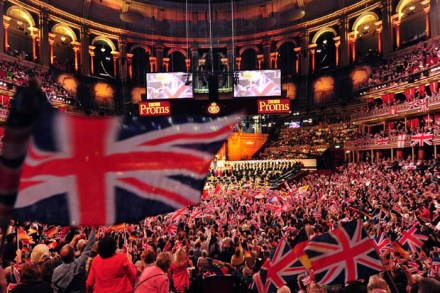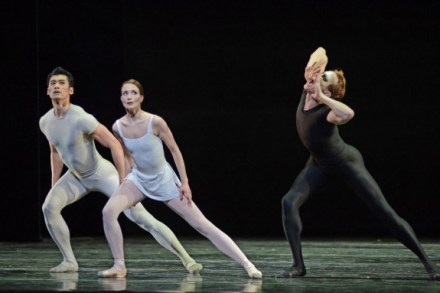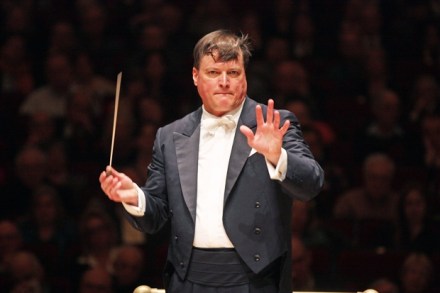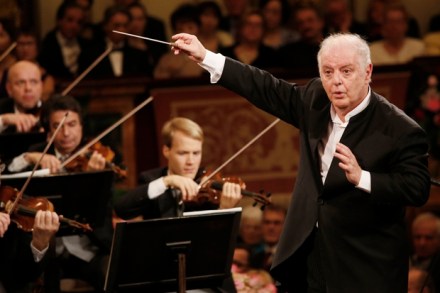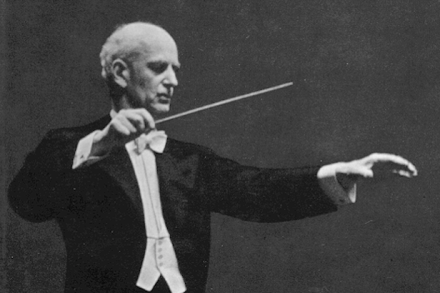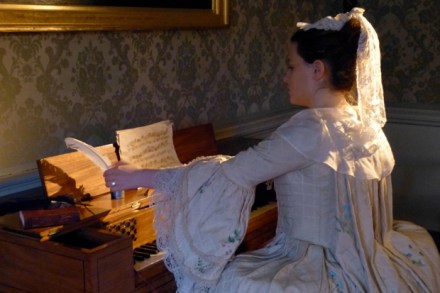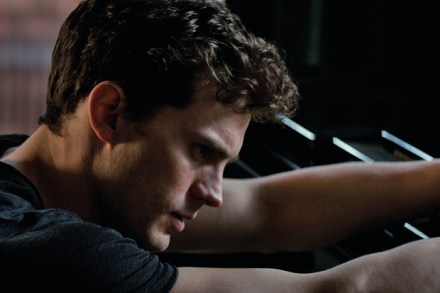The pretenders
Like a lot of essentially cautious people, I like my music to take some risks, play with fire and damn the consequences. In truth, of course, most musicians are every bit as conservative as the rest of us: they do whatever it is they do and if it sells, they keep on doing it until they drop. Three small cheers, then, for Mumford & Sons, who with their recently released third album took a completely unexpected swerve away from the phony banjo-intensive folk that had made their name and their fortune, into the stadium rock’n’roll they have obviously always wanted to play. As may have been gently hinted at in



